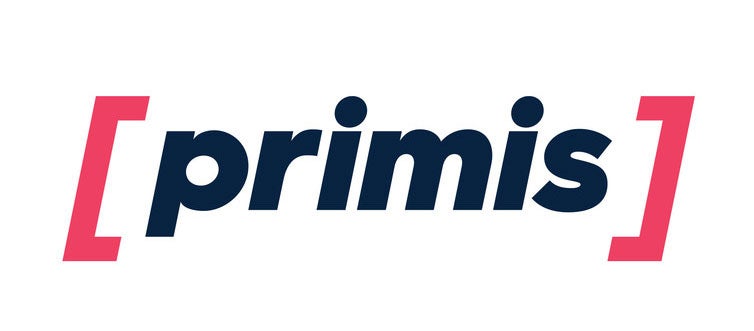The ad tech industry stands at a crossroads. After years of rapid growth driven by scale and efficiency, we face unprecedented challenges.
Privacy regulations are tightening, trust between stakeholders is eroding, and the rise of made-for-advertising (MFA) sites has compromised the quality of user experiences.
These issues aren’t just short-term disruptions; they represent a fundamental shift in how our industry operates, with long-term implications for publishers, advertisers and technology providers alike.
As someone who has spent a decade in this field, I’ve witnessed how chasing short-term gains often undermines long-term partnerships. Whether it’s through inflated metrics, opaque reporting practices or inefficient supply chains, the cracks in the system are becoming more visible. It’s time for a new approach to ad tech, one that redefines how we measure success by balancing scale with quality, prioritizing transparency and building trust across the ecosystem.
Quality over quantity: A paradigm shift
There’s a pervasive belief in our industry that “more” is always better – more ad calls, more impressions, more data. However, this often leads to less, with diminishing returns and weakening confidence in digital advertising.
In recent years, we’ve seen how more isn’t better – better is better. When we prioritize quality over quantity, we can deliver superior results. For instance, some publishers have found that by reducing ad calls by a small percentage, they can significantly increase revenue. This works because it improves user experience, reduces ad fatigue and allows for better targeting.
Made-for-advertising (MFA) sites exemplify the pitfalls of prioritizing quantity over quality. While they might boost short-term metrics, they deliver poor user experiences, hurting the overall reputation of digital advertisers.
The transparency imperative
Transparency is essential for the health of our industry. Many advertisers still pay for campaigns without knowing exactly where their ads are played or how they truly perform. This ultimately degrades the entire ecosystem.
True sustainability in ad tech hinges on providing clear, comprehensive reporting on ad placement and performance. This means offering advertisers real insights into where their money is spent and what results they’re getting. While this level of transparency might initially reveal uncomfortable truths, it builds the trust and credibility necessary for long-term success.
Efficiency with ethics: The role of SPO
Supply-path optimization (SPO) offers a way forward in our increasingly complex landscape. By reducing the layers between advertisers and publishers, we can improve transparency, minimize fraud and build more efficient systems. Effective SPO strikes a delicate balance between meeting high standards and remaining flexible. It also maintains the integrity of our ad ecosystem and remains competitive in a dynamic market.
In an industry where price sensitivity can sometimes drive decisions, it’s crucial to demonstrate the long-term benefits of maintaining high standards, even if it means not always being the lowest-cost option. By creating more direct, valuable connections between advertisers and publishers, we can reduce costs and improve ad quality.
As privacy regulations tighten and third-party cookies phase out, SPO becomes even more critical. It allows us to develop alternative targeting strategies that don’t rely on third-party data, positioning companies for success in the evolving digital landscape.
The path forward
As we navigate the challenges facing our industry, we must prioritize both efficiency and integrity. Focusing on quality over quantity in ad delivery ensures we’re not chasing impressions at the expense of delivering value. It requires prioritizing transparency in all operations and implementing thoughtful, balanced SPO strategies.
By embracing these principles, companies will be well-positioned for the future, offering advertisers more efficient spending and better performance, while providing publishers with higher fill rates and potentially better CPMs.
As industry leaders, it’s our responsibility to drive this transformation, creating an ad tech ecosystem that’s profitable, sustainable and respected.
“Data-Driven Thinking” is written by members of the media community and contains fresh ideas on the digital revolution in media.
Follow Primis and AdExchanger on LinkedIn.












